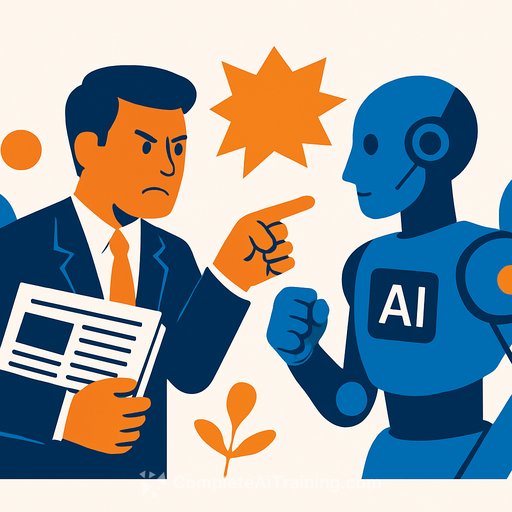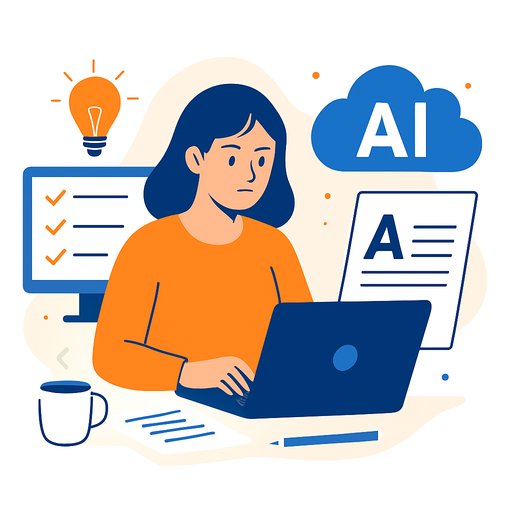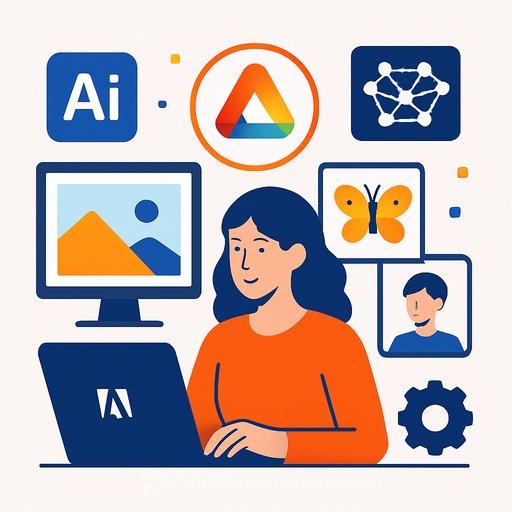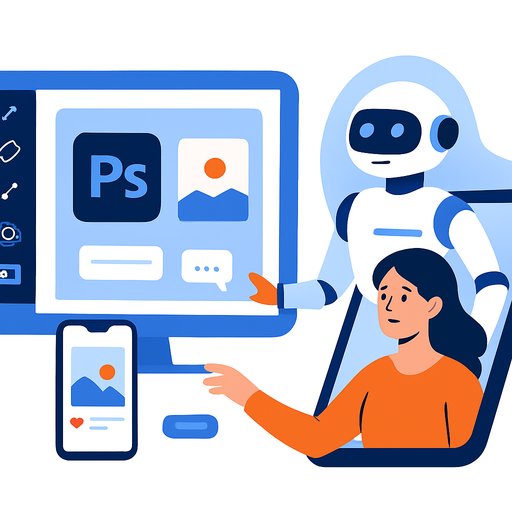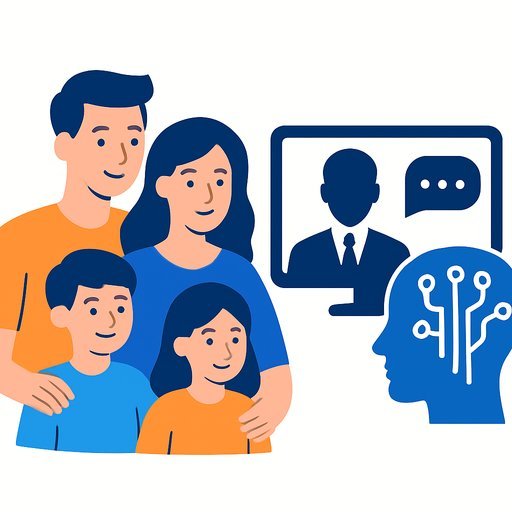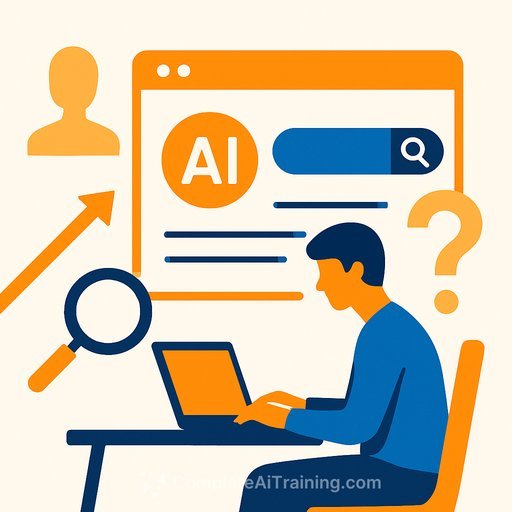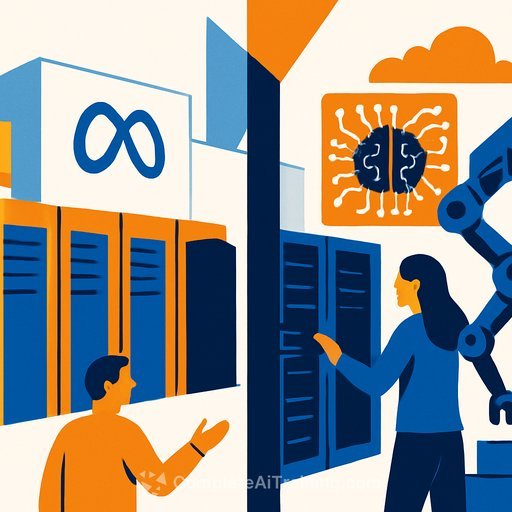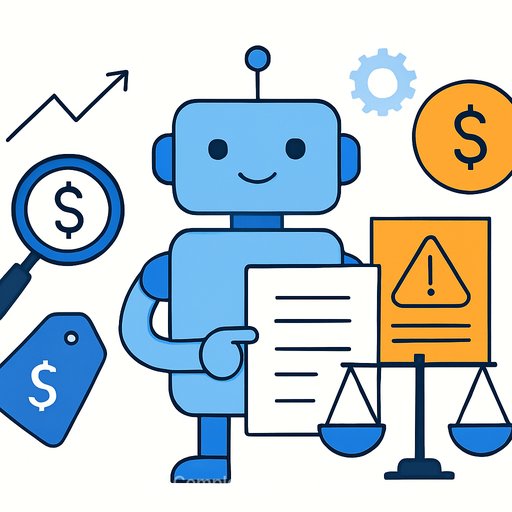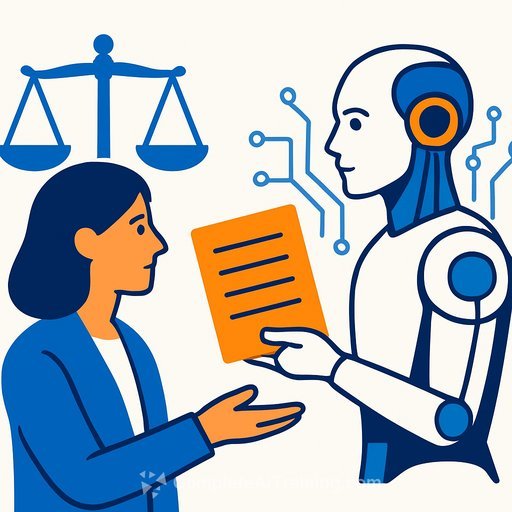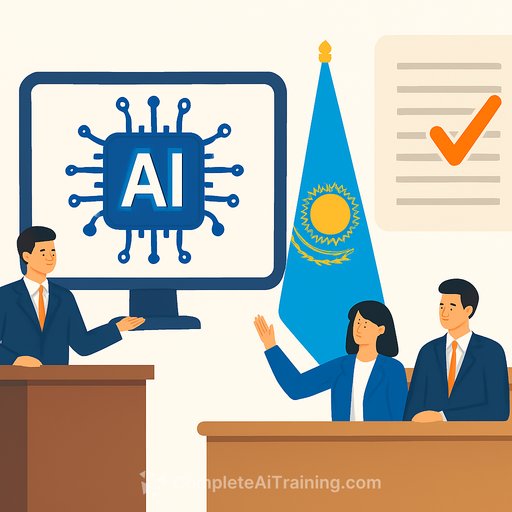Who’s Suing AI and Who’s Partnering: A Look at News Publishers’ Battles and Deals with AI Companies
Several news publishers have taken legal action against AI companies like OpenAI and Perplexity for using their content without authorization. Meanwhile, a larger group of publishers have opted to sign licensing agreements with these companies, allowing their content to be referenced in AI tools such as ChatGPT, often with promises of proper citation.
Most partnerships are with OpenAI and the newer player Prorata, but notable publishers including The New York Times, Conde Nast, and Hearst have also signed deals with Amazon. The landscape is evolving rapidly, with publishers either defending their copyrights through lawsuits or engaging in commercial agreements to benefit from AI technology.
BBC’s Threatened Action Against Perplexity
The BBC has accused AI startup Perplexity of training its default AI model using BBC content without permission. The broadcaster alleges that Perplexity’s search results have included verbatim BBC articles and recent links. The BBC has threatened legal action unless Perplexity stops scraping its content, deletes any copies held for AI development, and proposes financial compensation.
Perplexity dismissed these claims as “manipulative and opportunistic,” asserting that the BBC misunderstands technology and intellectual property law. The company also accused the BBC of wanting to preserve Google’s monopoly for its own benefit.
News Publishers Suing AI Platforms
- Folha (Brazil) vs OpenAI
- Yomiuri Shimbun (Japan) vs Perplexity
- Ziff Davis (USA) vs OpenAI
- News/Media Alliance members vs Cohere
- Indian news publishers vs OpenAI
- Coalition of Canadian news outlets vs OpenAI
- News Corp vs Perplexity
- Mumsnet (UK) vs OpenAI
- The Center for Investigative Reporting vs OpenAI and Microsoft
- Eight Alden Global Capital newspapers vs OpenAI and Microsoft
- The Intercept, Raw Story, and AlterNet vs OpenAI
- The New York Times vs OpenAI and Microsoft
- Getty Images vs Stability AI
News Publishers and Organizations That Have Signed AI Deals
- Gannett – Perplexity
- Conde Nast and Hearst – Amazon
- More than 500 publications – Prorata.ai
- The New York Times – Amazon
- The Washington Post – OpenAI
- Shutterstock – Synthesia
- News/Media Alliance – Prorata.ai
- Guardian – OpenAI
- Schibsted – OpenAI
- Agence France-Press – Mistral
- Associated Press – Google
- Axios – OpenAI
- Future – OpenAI
- The Independent, LA Times, Lee Enterprises, and more – Perplexity
- DMG Media, Guardian, Sky News, and Prospect – Prorata.ai
- Reuters – Meta
- Hearst – OpenAI
- FT, Reuters, Axel Springer, Hearst Mags, USA Today Network – Microsoft
- Conde Nast – OpenAI
- FT, Axel Springer, The Atlantic, Fortune – Prorata.ai
- Time, Der Spiegel, Fortune, Texas Tribune, and more – Perplexity
- Time – OpenAI
- Vox Media – OpenAI
- The Atlantic – OpenAI
- News Corp – OpenAI
- Dotdash Meredith – OpenAI
- Informa – Microsoft
- Axel Springer – Microsoft
- Financial Times – OpenAI
- Le Monde and Prisa Media – OpenAI
- Axel Springer – OpenAI
- Associated Press – OpenAI
- Shutterstock – OpenAI
OpenAI reportedly offers news organizations licensing fees ranging from $1 million to $5 million per year. News Corp’s deal stands out at over $250 million across five years. Apple is also exploring AI content licensing with publishers like Conde Nast and NBC News, though no public agreements have been announced yet.
Many publishers remain in talks with AI firms, while some, like the publisher of Mail Online, consider legal options. Reach plc’s CEO has urged the industry to hold a unified position before entering deals, warning against reliance on referral traffic that could undermine publishers’ value.
Detailed Cases of Lawsuits
Folha vs OpenAI (Brazil)
On 29 August 2025, Folha filed a lawsuit against OpenAI in São Paulo. The newspaper accuses OpenAI of using its content daily without authorization, bypassing protective measures, and diverting its audience. Folha demands that OpenAI stops this practice and destroys AI models trained using its copyrighted materials.
Yomiuri Shimbun vs Perplexity (Japan)
On 12 August 2025, Yomiuri Shimbun sued Perplexity for using nearly 120,000 articles and images without permission. The lawsuit seeks damages of approximately £9.9 million and compensation for lost ad revenue due to reduced website traffic. The publisher stresses that unauthorized use threatens journalistic integrity and democratic foundations.
Perplexity has apologized for any misunderstanding and stated its commitment to ensuring publishers benefit from AI business models.
Ziff Davis vs OpenAI (USA)
In April 2025, Ziff Davis sued OpenAI, accusing it of intentionally using copyrighted content without permission. Ziff Davis, owner of tech and entertainment brands such as CNET and IGN, argues that OpenAI’s rapid development ignores content owners’ rights. OpenAI responded by emphasizing fair use and innovation.
News/Media Alliance Members vs Cohere (USA/Canada)
In February 2025, a group including Conde Nast, The Atlantic, Forbes, and The Guardian filed a copyright suit against Canadian AI startup Cohere. They claim Cohere scraped thousands of articles, including paywalled content, and produced verbatim or inaccurate copies, sometimes attributing fake content to publishers.
Indian News Publishers vs OpenAI
Several Indian publishers, including The Indian Express and Hindustan Times, joined a lawsuit against OpenAI in January 2025, citing unauthorized scraping and adaptation of their content. OpenAI has argued that Indian courts lack jurisdiction since its servers are abroad.
Canadian Outlets vs OpenAI
In November 2024, major Canadian media outlets including CBC/Radio-Canada and The Globe and Mail sued OpenAI for copyright infringement. They emphasize the significant investment in producing reliable news and argue that OpenAI’s use of their content without compensation is illegal and harmful to journalism.
News Corp vs Perplexity (USA)
In October 2024, News Corp, publisher of The Wall Street Journal and New York Post, sued Perplexity for copyright and trademark infringement. The company accuses Perplexity of “massive freeriding.” Notably, News Corp has a separate licensing deal with OpenAI.
Mumsnet vs OpenAI (UK)
In July 2024, UK parenting forum Mumsnet sent a legal letter to OpenAI over scraping its site content for AI training. Mumsnet’s founder criticized the lack of permission and warned that AI models built on scraped content could replace original publishers, undermining their business models.
The Center for Investigative Reporting vs OpenAI and Microsoft (USA)
In June 2024, The Center for Investigative Reporting sued OpenAI and Microsoft for using its content without permission or compensation. They called the practice exploitative and emphasized the value of professional journalism.
Eight Alden Global Capital Newspapers vs OpenAI and Microsoft (USA)
In April 2024, eight US daily newspapers owned by Alden Global Capital sued OpenAI and Microsoft. They demand recognition of their legal rights and compensation for unauthorized use. The publishers argue AI companies benefit from their content without paying, which is neither fair use nor fair business.
The Intercept, Raw Story, and AlterNet vs OpenAI (USA)
In February 2024, these progressive digital news outlets sued OpenAI for using their articles to train ChatGPT without licensing. They highlighted the effort behind their journalism and called for an end to Big Tech monetizing their content without permission.
The New York Times vs OpenAI and Microsoft (USA)
In December 2023, The New York Times filed a high-profile lawsuit seeking damages and the destruction of AI models trained on its content. The Times accused OpenAI and Microsoft of using its journalism without paying, threatening its subscription and advertising revenue. OpenAI had previously been in talks with The Times about a partnership including real-time attribution.
OpenAI has argued that in practical terms, users do not rely on AI products as substitutes for The New York Times’ journalism.
What This Means for the Industry
The divide between lawsuits and partnerships highlights the tension between protecting intellectual property and embracing AI innovation. Publishers want fair compensation and control over their content, while AI companies seek access to high-quality data to improve their models.
For professionals in creative, legal, PR, and development roles, these developments are critical. Understanding the evolving legal landscape and partnership opportunities will shape how content is used, monetized, and referenced in AI-powered products.
For those interested in AI applications and licensing, exploring relevant AI training and courses can provide valuable insights into responsible AI development and content use.
This page will be updated as new agreements or legal actions emerge between news publishers and AI companies.
Your membership also unlocks:

